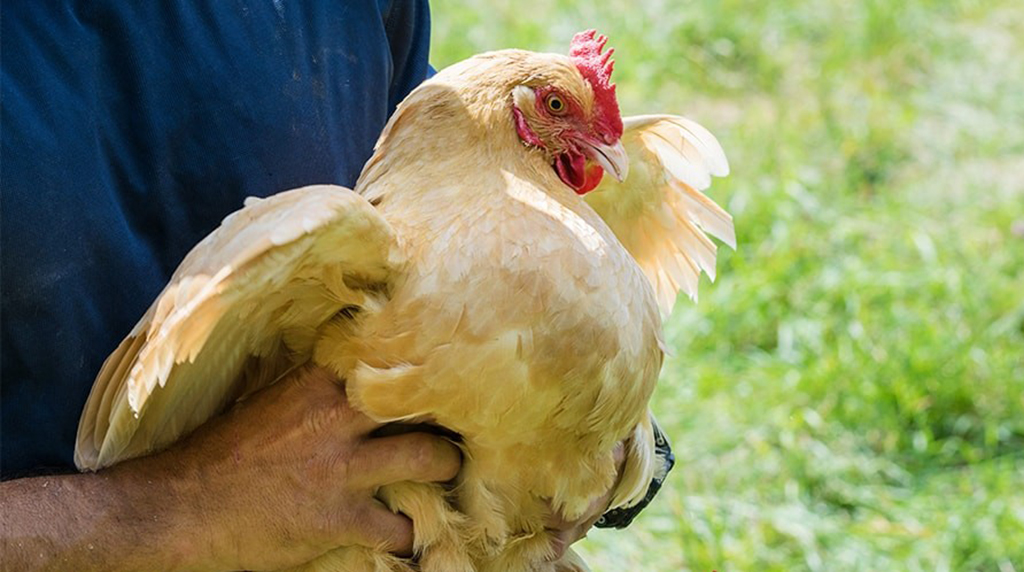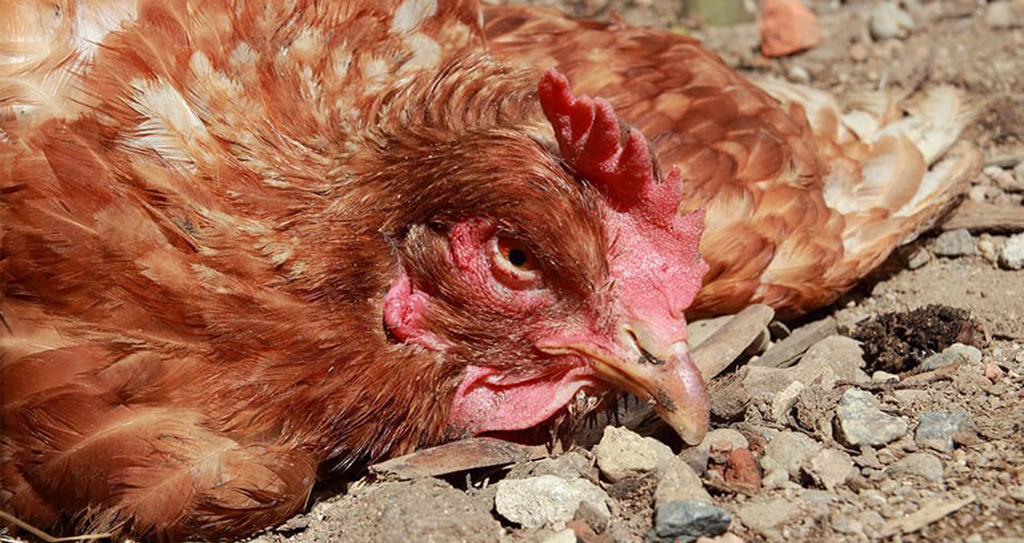
In Part 8 of our Health and Well Being of the Chicken, Flock series was about the conditions that can affect a chicken’s vent.
Part 9 is about conditions that can upset and or affect a chicken’s gut.
CONDITIONS THAT AFFECT A CHICKENS GUT
Conditions that affect the Gut
Bacterial infections
Salmonellosis
This is an infection that is the cause of quite a few diseases in chickens and is caused by the Salmonella spp. bacteria.
Some of the diseases it causes are:
Fowl Typhoid – Chronic septicemic disease Read Part 12 of this series for more information on the disease.
Paratyphoid – found more in younger chicks than older ones. Read Part 12 of this series for more information on the disease.
Pollorum disease – also called Bacillary White Diarrhea. Read Part 12 of this series for more information on the disease.
Arizonosis – this is a septicemic disease caused by the Salmonella bacteria
Infectious Coryza
This is an acute respiratory disease that tends to affect the chicken’s upper respiratory tract. Specifically, the sinuses and nasal tracts of the chicken.
Chickens can contract IC by being exposed to other chickens at poultry shows and or the introduction of new birds into a flock.
Chickens infect chickens with the disease and in turn, this is transmitted to their feed, etc.
Virus infections
New Castles Disease
NDV or Newcastle disease virus is a very contagious disease that affects most types of birds. There are quite a few different strains of the virus, but the most severe strain of the virus is the viscerotropic velogenic Newcastle disease or VVND and is usually referred to as exotic Newcastle disease.
The disease is spread from chicken to chicken and will infect an entire flock if not treated.
The main carriers are wild birds mostly waterfowl. The virus can stay alive for quite some time without a host in the environment. But will die if exposed to direct sunlight.
Gumboro or Infectious Bursal Disease
This is an infectious disease that is caused by the bursal disease virus or IBDV.
This virus likes to target the lymph tissue in the cloacal busrsa of the chicken.
This virus tends to leave lasting damage the chicken and mainly infects younger chickens of 3 to 6 weeks of age. It also has quite a high mortality rate when around thirty percent of chickens that contract it will die.
Parasites
Coccidiosis
This is an infection that is caused by a protozoan parasite called Eimeria or coccidia. There are quite a few different species of this protozoa and each one targets a specific organ and or areas of the body.
They can be found in the kidneys, liver and throughout the body in the red blood cells of the chicken.
Worms
Parasites in forms of worms like the tapeworm and ringworm-like to target various areas of the gut.
Read Parts 13 of this series for information and advice on worms.
END OF PART 9
This is the end of Part 9 of our “Health and Wellbeing of the chicken Flock” series.
Part 10 of the series will discuss conditions that affect the digestive system of chickens.
 Why Deworming Chickens is Important?
Why Deworming Chickens is Important? Conditions that can affect a Chicken Respiratory System
Conditions that can affect a Chicken Respiratory System Chicken Vaccinations and why they are Important to a Flock
Chicken Vaccinations and why they are Important to a Flock CONDITIONS THAT AFFECT THE A CHICKENS FEATHERS
CONDITIONS THAT AFFECT THE A CHICKENS FEATHERS CONDITIONS THAT AFFECTS A CHICKENS LEGS, TOES AND CLAWS
CONDITIONS THAT AFFECTS A CHICKENS LEGS, TOES AND CLAWS